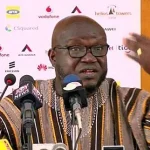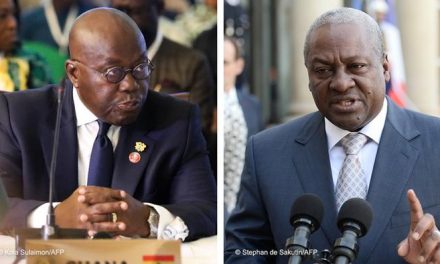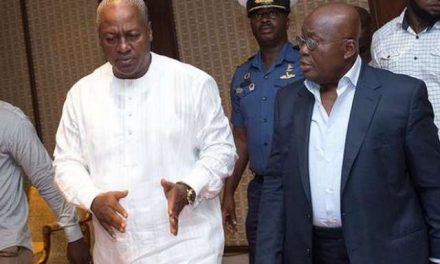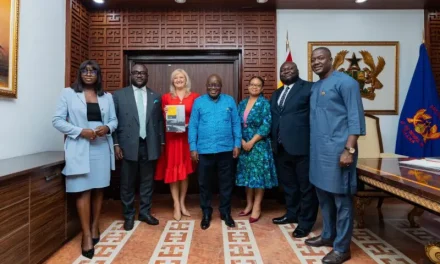
Anti-LGBT Bill: Withdrawal of investment threats will not deter Africa – Speaker Bagbin

Africa is not deterred by the veiled threats of withdrawal of investments and international aid, Speaker Alban Sumana Kingsford Bagbin, has said.
He noted that those threats and other stringent economic measures had not affected the continent’s effort at protecting its culture, values, and societal norms and to safeguard the future of its youth.
A statement issued by the Public Affairs Directorate of Parliament, copied to the Ghana News Agency, said the Speaker made the remarks at a meeting with Members of the British House of Lords and the House of Commons at Westminster in London.
It said of concern to the British Members of Parliament was the law passed in Uganda recently on the lesbian, gay, bisexual, transgender, queer or questioning, intersex (LGBTQI) phenomenon, and the bill on Promotion of Human Sexual Rights and Family Values currently before Ghana’s Parliament.
“Threats are not the way to go. If your neighbour or partner has a problem, you help him to solve it. Boycotts and threats do not solve problems, engagement and understanding do,” the Speaker said.
He explained that once a group of people are in agreement on what constitutes human rights, values and principles, they moved on; “what was required is alignment and understanding of their context.”
Speaker Bagbin told his hosts that the role of Parliament was to receive bills from civil society or interest groups, usually through the process that allows for a Private Member’s Bill, or from the executive.
Parliament then takes the bill through its processes and procedures outlined in its Standing Orders and in consonance with the provisions of Ghana’s Constitution.
“There is nothing untoward; nothing wrong with the efforts by Parliament to legislate on the promotion of human sexual rights and family values in Ghana, using our constitution as a compass,” he said.
“There is an urgent need for legislation in the area of LGBTTQR± in Ghana. Parliament is aware of the copious human rights provisions in the Constitution of the country.
“Parliament knows that any legislation that detracts from the human rights and freedoms guaranteed by our constitution will be a candidate for litigation in our court of law,” he added.
Responding to a question on the role of the President in the bill in reference, the Speaker insisted that Ghana’s Parliament had the mandate and the capability to legislate on the subject and would not countenance any interference from the Executive.
He explained that the role of the President was to assent to bills submitted by Parliament, however, final legislative powers rest with the legislature, not the Executive.
“Ghana’s democracy is based on the rule of law, not the rule of man,” he noted.
Besides, Ghana’s Constitution was heavy on the promotion and protection of various fundamental human rights and freedoms, Speaker Bagbin said, and gave an assurance that curtailing human rights was not the target of the Bill, rather it was about the protection of rights and values.





























